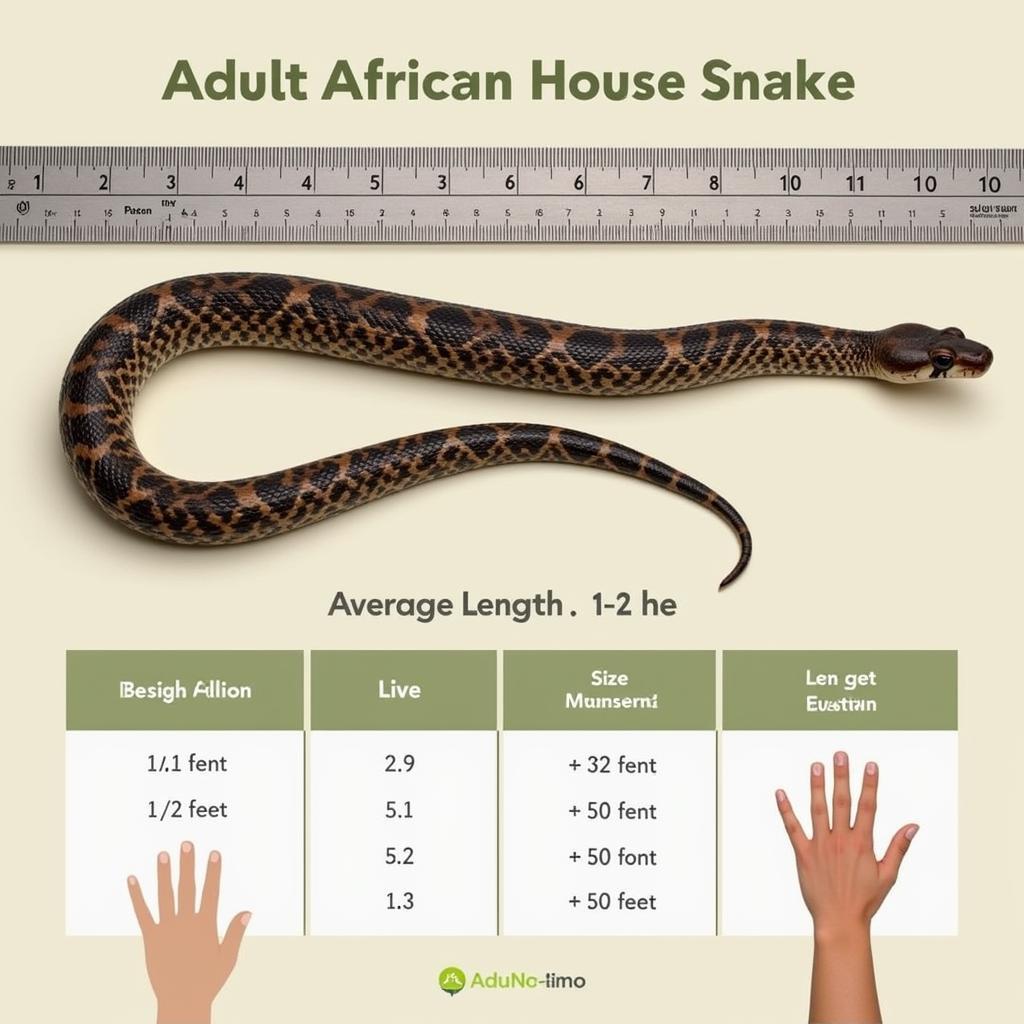Exploring the Diverse World of African Hair Dressing Styles
African Hair Dressing Styles are a vibrant tapestry of tradition, creativity, and cultural expression. From intricate braids to elaborate cornrows, African hairstyles reflect a rich heritage and a deep connection to identity. This article delves into the captivating world of African hair dressing, exploring its history, significance, and the diverse range of styles that adorn heads across the continent.
A Journey Through Time: The History of African Hair Dressing
Hairdressing in Africa has a long and fascinating history, dating back centuries. Different styles have served as markers of social status, ethnicity, and even spiritual beliefs. For example, certain braids signified marital status, while others indicated membership within a specific tribe. These styles were often passed down through generations, preserving cultural heritage and fostering a sense of community. In many African cultures, hair is considered a sacred entity, believed to be a conduit to the spiritual realm. The intricate process of hairdressing is often accompanied by rituals and storytelling, strengthening the bonds between individuals and their ancestors.
The impact of colonialism and the transatlantic slave trade brought about significant changes in African hair practices. Traditional hairstyles were often suppressed, and Western beauty standards were imposed. However, despite these challenges, African hairdressing traditions endured, evolving and adapting to new contexts while retaining their core cultural significance.
Unveiling the Significance of African Hair Dressing
Beyond their aesthetic appeal, African hair dressing styles hold deep cultural and social meaning. They are a powerful form of self-expression, allowing individuals to communicate their identity, creativity, and connection to their heritage. african hair dressing is not just about styling; it’s a celebration of beauty, resilience, and cultural pride. These hairstyles serve as a visual language, conveying messages of belonging, status, and personal style.
The Social Language of Braids and Twists
Specific braid patterns and twists can communicate a wide range of messages. They can indicate age, marital status, social standing, or even religious affiliation. For example, in some communities, married women wear specific hairstyles to distinguish themselves from unmarried women. These subtle yet powerful visual cues contribute to the rich tapestry of social communication within African communities.
A Kaleidoscope of Styles: Exploring Popular African Hair Dressing
The diversity of African hair dressing styles is truly remarkable. From the intricate cornrows of West Africa to the elaborate braided updos of East Africa, each region boasts its unique traditions and techniques. Here are just a few examples of the myriad styles found across the continent:
- Cornrows: These tightly braided rows close to the scalp are a versatile and popular style, offering endless possibilities for creative patterns and designs.
- Box Braids: These three-strand braids are known for their protective qualities and can be styled in various lengths and thicknesses.
- Afro: This natural hairstyle celebrates the beauty of textured hair in its unadulterated form.
- Twists: These two-strand twists are a low-maintenance and stylish option, adding texture and volume.
- Dreadlocks: These rope-like strands of hair are often associated with spiritual and cultural significance.
What are some of the most popular braiding styles?
Some of the most popular braiding styles include box braids, cornrows, Senegalese twists, and crochet braids.
Modern Interpretations and Global Influences
While traditional styles remain deeply cherished, African hairdressing has also embraced modern influences and global trends. Creative stylists are constantly pushing the boundaries of innovation, blending traditional techniques with contemporary aesthetics. african american hair treatment has also been influenced by African hair traditions, resulting in a cross-cultural exchange of styles and techniques.
How has globalization impacted African hairdressing?
Globalization has led to a greater exchange of hairstyles and techniques, with African styles gaining popularity worldwide. It has also resulted in a wider availability of hair products and tools.
Aisha Mbowe, a renowned hair stylist from Tanzania, notes, “African hairdressing is a dynamic art form that constantly evolves. We draw inspiration from our rich heritage while embracing new techniques and trends to create unique and expressive styles.”
Caring for African Hair: Tips and Techniques
Maintaining healthy and vibrant hair is essential for achieving stunning African hairstyles. Using natural oils and moisturizing products can help nourish and protect hair from damage. african american natural hair care homemade recipes can be a great resource for finding natural and effective hair care solutions.
What are some essential hair care tips for African hair?
Moisturizing regularly, using gentle cleansing products, and protecting hair from heat and environmental damage are crucial for maintaining healthy African hair.
Dr. Zawadi Kimambo, a trichologist specializing in African hair care, emphasizes, “Proper hair care is essential for maintaining healthy hair and scalp. Using the right products and techniques can help prevent breakage, promote growth, and enhance the beauty of your natural hair.”
Conclusion: Celebrating the Beauty and Diversity of African Hair Dressing Styles
African hair dressing styles are a powerful expression of culture, identity, and creativity. From the intricate braids to the vibrant colors and adornments, these styles tell stories of heritage, resilience, and pride. african country with the most beautiful women often showcase stunning examples of traditional and modern African hairstyles. As we continue to explore the diverse world of African hair dressing, we celebrate the beauty and artistry that adorn heads across the continent.
When you need assistance, please contact us at Phone Number: +255768904061, Email: kaka.mag@gmail.com Or visit us at: Mbarali DC Mawindi, Kangaga, Tanzania. We have a 24/7 customer service team.

